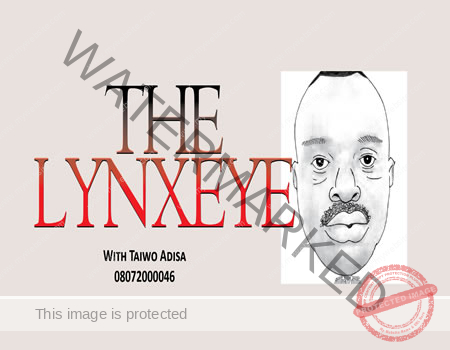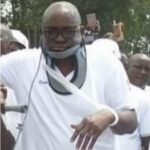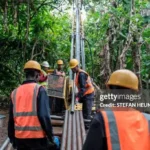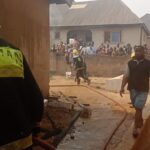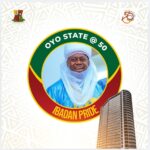
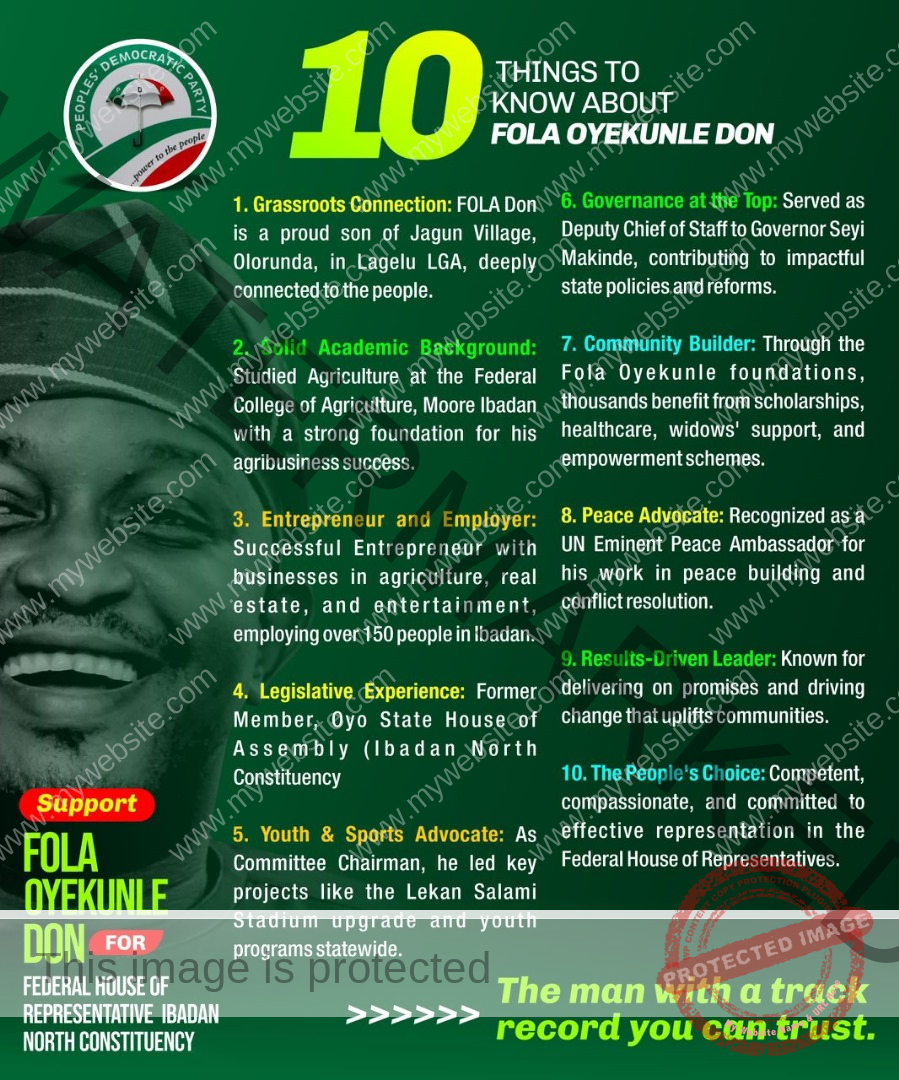
Harold Laski, in a preface to the fifth edition of his book, Grammar of Politics, had warned of “inevitable disasters to the world if we did not concern ourselves with the need to change; that government by tradition must be replaced by government by consent.” By the above, despite the complexities he identified with ‘consent’, Laski was drawing attention to the need for democracy to work for the people. Democracy as a governmental concept has been variously defined, but one definition that appears widely accepted is the one by the 16th American President, Abraham Lincoln, which was excerpted from the speech he gave at Gettysburg, while paying tributes to some soldiers who paid the supreme sacrifice. Lincoln, who served from 1861-1865 had said: “That government of the people, by the people, for the people, shall not perish from the earth.” Those words have continued to present the world with a simple and digestible definition of the form of government that has become the most popular around the world.
Since colonialism ended, most of Africa and the world have come to adopt the practice of democracy in one form or the other. In the Global Parliamentary Report produced by the United National Development Programme (UNDP) and the Inter-Parliamentary Union (IPU), in 2012, the global bodies had admitted that no fewer than 190 of 193 countries surveyed were operating the legislature, a component arm of democracy, an indication of the popularity of the form of government.
As much as democracy is meant to be the government of the people and by the people, it has been established that there would not come a time when every member of the society would be involved in governance. Even in the village square setting of the Athens, it must have been practically impossible to hear everyone’s voice in the making of a government policy and that gave rise to the representative nature of democracy. With representatives, the people can exercise their powers through the ballot and get the one elected to carry through their mandates. That led to the rise of majority rule that was criticized by one of the most popular philosophers, Aristotle, as capable of undermining the rule of law. He had opined that holders of popular power can undermine the rule of law by tyrannising everyone. Apparently to circumvent Aristotle’s fears of a fusion of tyranny and democracy, Western proponents of the concept of democracy built into it the concept of opposition politics.
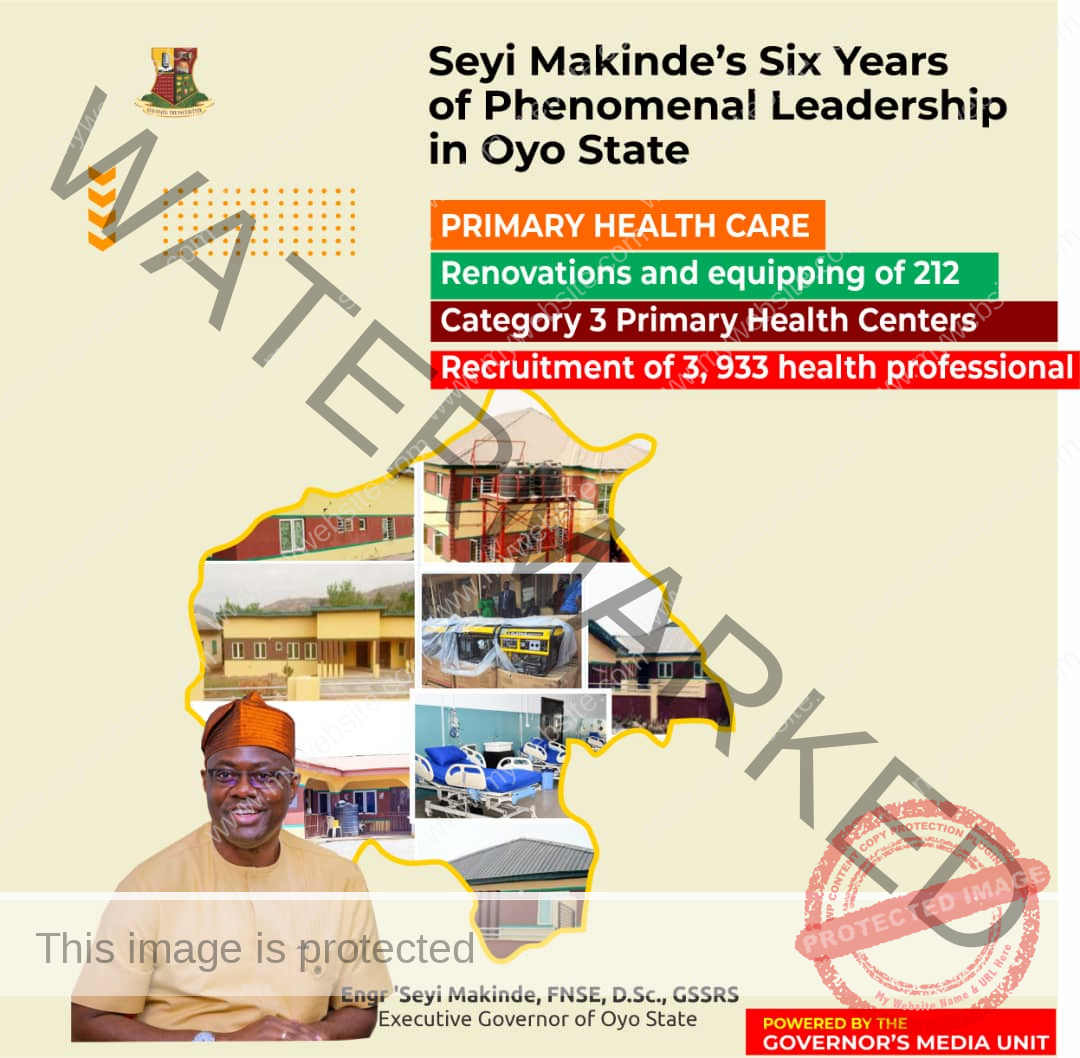
Researchers have said that the coming of opposition politics into the practice of democracy took its roots in the various historical and philosophical developments and were influenced by the politics of Ancient Greece and Rome, the British Parliamentary system and the Liberal democratic theory. In the Ancient Greece and Rome, we learnt that philosophers like Aristotle and Cicero encouraged the practice of opposition through their emphasis on debates, deliberations and dissent, while the British system around the 19 Century formally recognised the role of opposition in government business. The works of thinkers like John Locke, John Stuart Mill and Alexis de Tocqueville have been associated with the growth of the liberal democratic theory as well as the rise in opposition politics, debates and government accountability.
So, for centuries, opposition politics has remained an integral component of democracy. Even though many African societies were ruled by the Kabiyesi phenomenon in the pre-colonial times, which posited that kings were without question, historians still made us to understand that the powerful Old Oyo Empire ruled by the Alaafin, practiced a system of checks and balances.
Having adopted democracy by choice, African countries, especially the rulers are therefore compelled to live with the idiosyncrasies of opposition politics as far as they are within the confined of the constitutional and legal frames of the democratic setting. But what have we seen in the Nigerian context? We’ve seen fickle-minded opposition or no opposition at all. One will, however, be unable to brush Nigeria’s First and Second Republics with such tar. While the contestations within the ruling party and the opposition’s community eventually led to the spiralling events that kicked out the First Republic, the perennial political ambition of the military top brass led to the collapse of the Second Republic. But the two republics cannot be said to have been starved of credible opposition, especially with the way and manner the Sage, Chief Obafemi Awolowo provided the government of President Shehu Shagari with reasoned alternative views as the veritable opposition leader.
Though we will find it difficult to signpost the political structure foisted by General Ibrahim Babangida as a proper Third Nigerian Republic, the fact that the third National Assembly was inaugurated within that period made the description somewhat convoluted. So, we are left with the events of the current Fourth Republic if we are to properly examine the roles of the opposition in this democracy, and what have we seen since 1999? We woke up with a retired military general in power, and he exhibited the usual traits of the military which sees the opposition as enemy forces that must be decapitated. That was why the government of President Olusegun Obasanjo deliberately targeted the Alliance for Democracy (AD) and the All Peoples Party (APP), which later metamorphosed to All Nigeria Peoples Party. The former president ended up appointing the national chairmen of the two parties into his cabinet, thereby creating an avenue for a quick disintegration of those parties. But if politics and war look inseparable for a former general, the same cannot be said of the thoroughbred civilians who took over the reins of power afterwards. President Umaru Yar’Adua was a former governor of Katsina State before becoming president in 2007. Though he did not apply the Obasanjo strategy wholesale, the opposition practically went to sleep at critical moments of his government.
A key issue for the opposition at the time was the prolonged stay of the late president outside the country. He had taken ill and got his publicists to announce that he was going for medical treatment in Saudi Arabia, late in 2009, but he did not do the needful by handing over power to the vice president. As days, grew to months and the president was nowhere to be found, the opposition was largely silent. It took an internal uprising from within the ruling Peoples Democratic Party (PDP) and the civil society groups to arouse the National Assembly into an action which eventually led to the invocation of the Doctrine of Necessity in February of 2010.
With President Goodluck Jonathan’s administration effectively in charge between May 2010 and May 2015, a liberalized political setting was in place, and I would say his policy of ‘my vote is not worth the blood of any Nigerian’, made the opposition to thrive. Opposition politicians embarked on an all-out politics and relentless criticism of government policies and programmes. The coalition of forces eventually birthed the All Progressives Congress (APC), which supplanted Jonathan in 2015. Some people would say that Jonathan’s ‘soft’ policy towards the opposition was exploited to deny him a second term in office. But I will submit that Jonathan’s democratic credentials were never diminished even after his ouster from power in 2015. Political opposition is an in-built nature of democratic governance, and the very essence of opposition is not to create ordinary antagonism but to provide alternative views on government policies, ensure checks and balances; prevent government from relapsing into repression and ensure governmental accountability. Afterall, no democrat would question the rationality of the submission by Lord Acton, who justified the principle of checks and balances by saying: “Absolute power corrupts absolutely.”
Since 2015, the opposition in Nigeria has practically been groveling at the feet of the ruling governments. I dare say that such does not meet the basic requirement of a democratic opposition. Criticism with hate and bile are bad, but critics are not the enemies of the state. In literature, critics are some of the most revered scholars because they make the work greater, if not bigger than the original writer had probably intended. Contrary to the African thinking that sees the critic as an opponent or contender, whose market should not be allowed to thrive, the democratic opposition is the holder of public conscience, who engages in constructive criticism.
The PDP of this era would qualify as the worst example of a public conscience and a democratic opposition. You may want to ask that party, which is the nation’s main opposition party, where are its alternative blueprints for governance? Where are its periodic reviews of governmental policies and action/inactions? Why are its governors doing more of idobale (prostrating) for the ruling party than even the governors of the ruling party themselves? We saw the Senator representing Kogi Central, Natasha Akpoti-Uduaghan, a member of the PDP, fighting a lone battle all this while, have you heard the PDP utter a word in her defence? And how are the opposition, including the Labour Party (LP), managing their own internal affairs to give the public an assurance of a possible alternative to the ruling government? If the opposition parties are not coming up with three claimants to one party office, they are dragging themselves through the courts to determine a simple issue. How would that give the electorate any hope of better governance? Before I put the pen on paper to write this, I interacted with some knowledgeable leaders in the polity, two of whom assured me that the governors of the PDP would soon take charge of its affairs and give it direction. But the meeting of the party’s governors in Ibadan last week gave the faintest hope of a party ready for redemption. Instead, the resolutions reached by the meeting widened the gulf between the pillars of that party. The leaders of my community would say that what is good deserves prayers and what is not so good equally demands prayers. Constructive criticisms are like the prayers and tonics for democratic governance. If the opposition fails to provide that, they would simply be seen as failing the democratic test.
You can get every of our news as soon as they drop on WhatsApp ...To get all news updates, Join our WhatsApp Group (Click Here)




